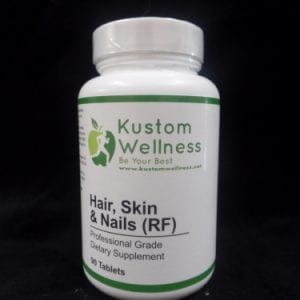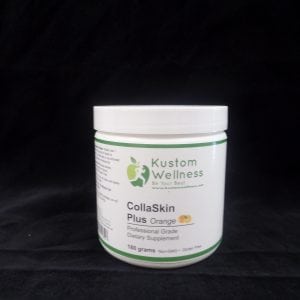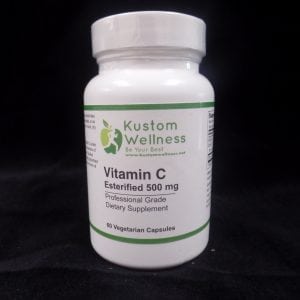Grape Seed / Standardized Extract 100 mg with Red Grape Skin
Grape Seed may useful to supplement the diet with natural antioxidants
DESCRIPTION
Grape Seed supplies 100 mg of standardized grape seed extract in a vegetarian capsule.
FUNCTIONS
Polyphenols, part of a broad class of bioflavonoids, are commonly found in grape seeds. One type of polyphenols known as proanthocyanidins is highly regarded for its strong antioxidant properties, and for its functions in supporting the body’s connective tissues and capillary blood vessel system.
Proanthocyanidins are among the most powerful natural free-radical scavengers yet discovered. As such, proanthocyanidins have their own unique place in the body’s overall protection against harmful free radical damage. Proanthocyanidins appear to be especially effective in neutralizing highly reactive hydroxyl and singlet oxygen radicals. Both of these reactive oxygen species are involved in inflammatory processes.
Proanthocyanidins also support and enhance the activity of vitamin C, and are known for their ability to help support the health of the body’s capillary system and connective tissues. Proanthocyanidins have been shown to bind with collagen fibers, thereby protecting them from premature degradation. This helps maintain the natural elasticity of collagen in skin, joints, arteries, capillaries, and other connective tissues.
Call for Pricing
Product Description
Grape Seed may useful to supplement the diet with natural antioxidants
DESCRIPTION
Grape Seed supplies 100 mg of standardized grape seed extract in a vegetarian capsule.
FUNCTIONS
Polyphenols, part of a broad class of bioflavonoids, are commonly found in grape seeds. One type of polyphenols known as proanthocyanidins is highly regarded for its strong antioxidant properties, and for its functions in supporting the body’s connective tissues and capillary blood vessel system.
Proanthocyanidins are among the most powerful natural free-radical scavengers yet discovered. As such, proanthocyanidins have their own unique place in the body’s overall protection against harmful free radical damage. Proanthocyanidins appear to be especially effective in neutralizing highly reactive hydroxyl and singlet oxygen radicals. Both of these reactive oxygen species are involved in inflammatory processes.
Proanthocyanidins also support and enhance the activity of vitamin C, and are known for their ability to help support the health of the body’s capillary system and connective tissues. Proanthocyanidins have been shown to bind with collagen fibers, thereby protecting them from premature degradation. This helps maintain the natural elasticity of collagen in skin, joints, arteries, capillaries, and other connective tissues.







Reviews
There are no reviews yet.